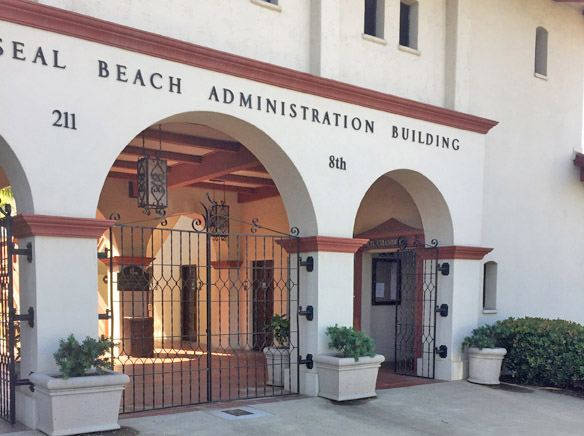California Senate Bill 9 passed recently, which will have a significant impact on local land use. The council has officially opposed the bill since March of this year.
The bill has few friends in local city governments. “SB 9 (Atkins) proposes to remove local control of what gets built in single-family residential zones,” according to a March staff report to the council.
In December 2020, Sen. Toni Atkins’ office issued a statement that reported SB9 “allows more homeowners to create a duplex or subdivide an existing lot in residential areas.”
This week, the League of California Cities urged the governor not to sign the bill. The Sun asked council members for their comments.
District Two Councilman
Thomas Moore
“I am in agreement with the League of California cities and 71% of residents (David Binder research poll) that oppose SB9,” wrote District Two Councilman Thomas Moore.
“It takes away control from local Cities and gives the State more authority where they may not know the individual components of housing as well as the local government. This issue crosses party lines where everyone in local governments is opposed to this,” Moore wrote.
“It is also not proven to help with additional affordable housing or solve any of the existing problems,” Moore wrote.
“Local cities get feedback from their residents and carefully plan out specific methods for how their City will grow. Leave control to the Cities,” Moore wrote.
District Four Councilwoman Schelly Sustarsic
“Yes, I agree with the League of California position and feel that SB 9 would have negative impacts on Seal Beach,” wrote Councilwoman Schelly Sustarsic.
“As the League said, SB 9 would take away the local control that cities now have to plan in single-family neighborhoods,” Sustarsic wrote.
“It attempts to add more housing by allowing lot splits, which would allow development of at least 4 units on a single lot (with 4-foot setbacks),” Sustarsic wrote.
“There is no requirement for affordable housing – just denser housing – at market rate,” Sustarsic wrote.
“And it is a one-size-fits-all approach in a very diverse state. Property owners are already able to add an ADU [accessory dwelling unit] and JADU [junior accessory dwelling unit] to their properties,” Sustarsic wrote.
“It would be difficult for most homeowners to do a lot split and develop several units on these lots (pay off their mortgage, demo their home, get a construction loan, and build multiple units with today’s high construction costs),” Sustarsic wrote.
“However, this is not the case for investors and developers. Instead of just outbidding others and flipping houses, they would be able to then build denser housing in our single-family neighborhoods – and not have to deal with CEQA [California Environmental Quality Act],” Sustarsic wrote.
“Also, a public review or hearing would no longer be required. I have read that few properties would be affected and that SB 9’s effects would be incremental,” Sustarsic wrote.
“However, if 4 units were constructed next door to another home, might the property owner next door then decide to move? The bill states that the same developer cannot build on an adjacent property, but another developer may,” Sustarsic wrote.
On Sept. 1, Sustarsic emailed the following follow-up comments:
“These bills have had a few amendments—to try to make them more palatable.
“Polling shows that voters are overwhelmingly against them. However, the California legislature seems likely to pass them and the Governor likely to sign them.”





